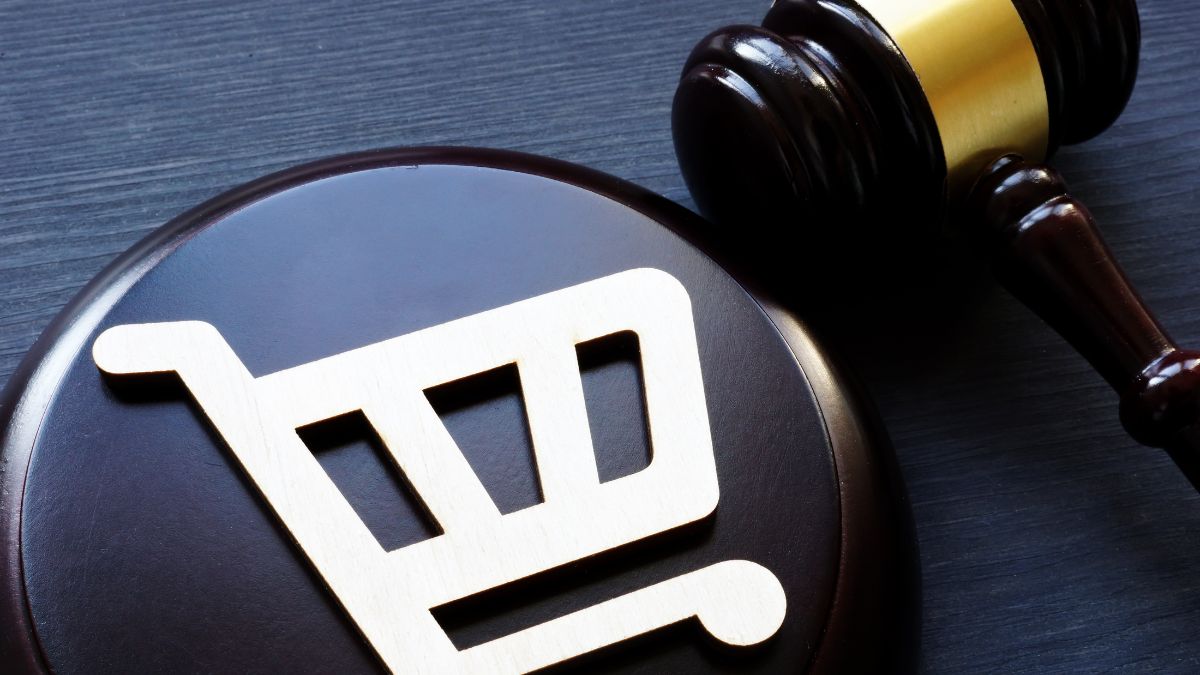Free Legal Aid for Consumer Claims: Legitimate Protection or Procedural Imbalance?

Commentary on a recent ruling by the National Civil Court of Appeals that detaches the right to free legal aid from the consumer’s financial vulnerability, raising questions about equality before the law and responsible litigation. “Olivera, Raquel Fernanda et al. v. Ciudad de la Pizza SRL” – National Civil Court of Appeals (en banc), March 28, 2025
In a decision rendered en banc, the National Civil Court of Appeals recently adopted a notably broad interpretation of the right to free legal aid as established in Article 53 of Law No. 24,240.
By holding that consumers who initiate legal action are not required to pay court costs even if they lose—and that they need not prove financial hardship unless a specific, well-founded objection is raised—the court has effectively created a presumption of gratuity that is difficult to rebut.
While the intent to facilitate access to justice for consumers is legitimate and consistent with the constitutional principle of protection, the approach taken in this ruling risks undermining another fundamental pillar of due process: the equality of arms.
Instead of correcting an imbalance, the court introduces a new procedural asymmetry in favor of the consumer, disregarding the potential impact on defendants—often small businesses or individual merchants—who must bear the costs of litigation, even in cases where they prevail.
The decision distorts the original intent of free legal aid, which has historically been linked to the claimant’s economic situation. Granting it automatically, based solely on the status of “consumer,” severs the benefit from any real assessment of vulnerability. In practice, this creates a risk-free litigation pathway for the claimant, even where claims are weak or unfounded. Such a framework may encourage irresponsible litigation, burdening defendants financially and straining the efficiency of the judicial system.
Moreover, the ruling appears to discourage the procedural mechanism designed to challenge a claimant’s entitlement to free legal aid, effectively shifting an additional procedural burden onto the defendant—one they are often ill-equipped to bear.
Ultimately, while the decision aims to safeguard essential rights, it veers toward overprotection in a manner that could compromise the fairness of judicial proceedings and the legitimacy of the courts as neutral arbiters of conflict.




